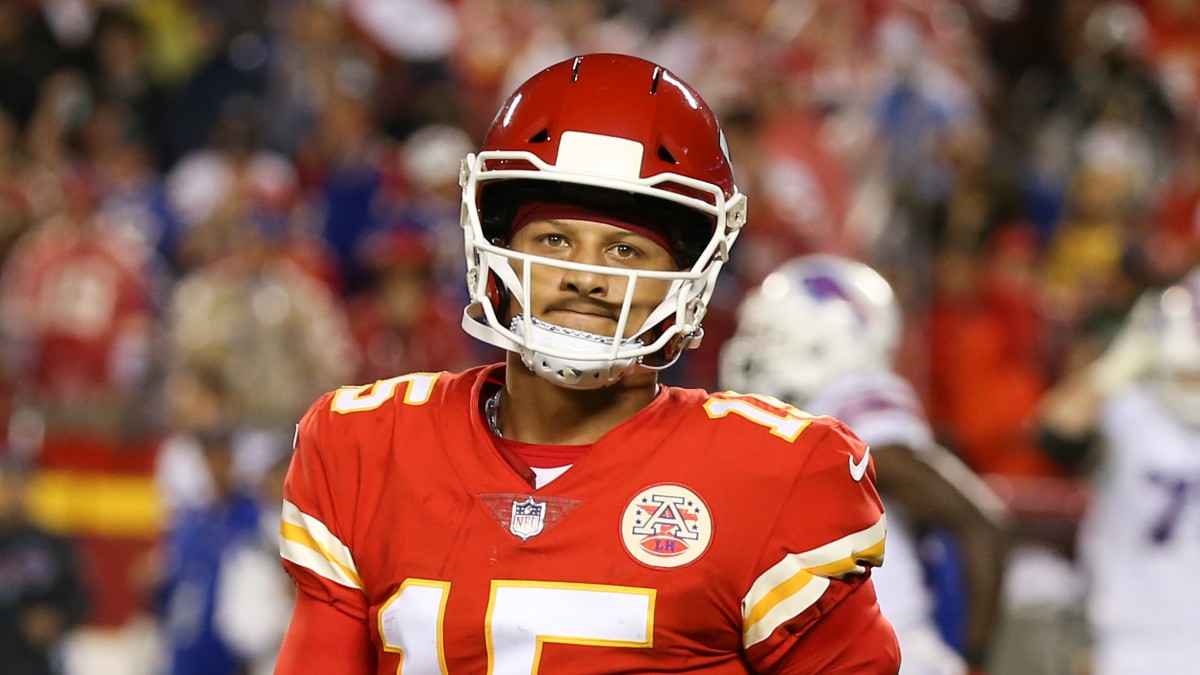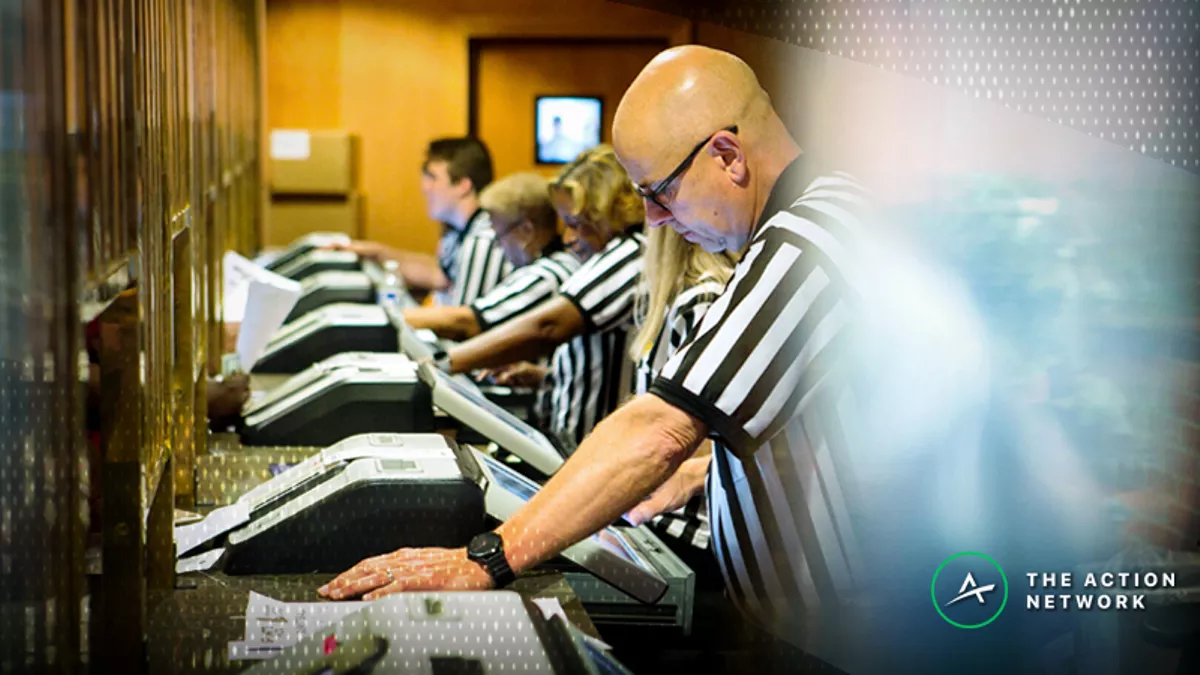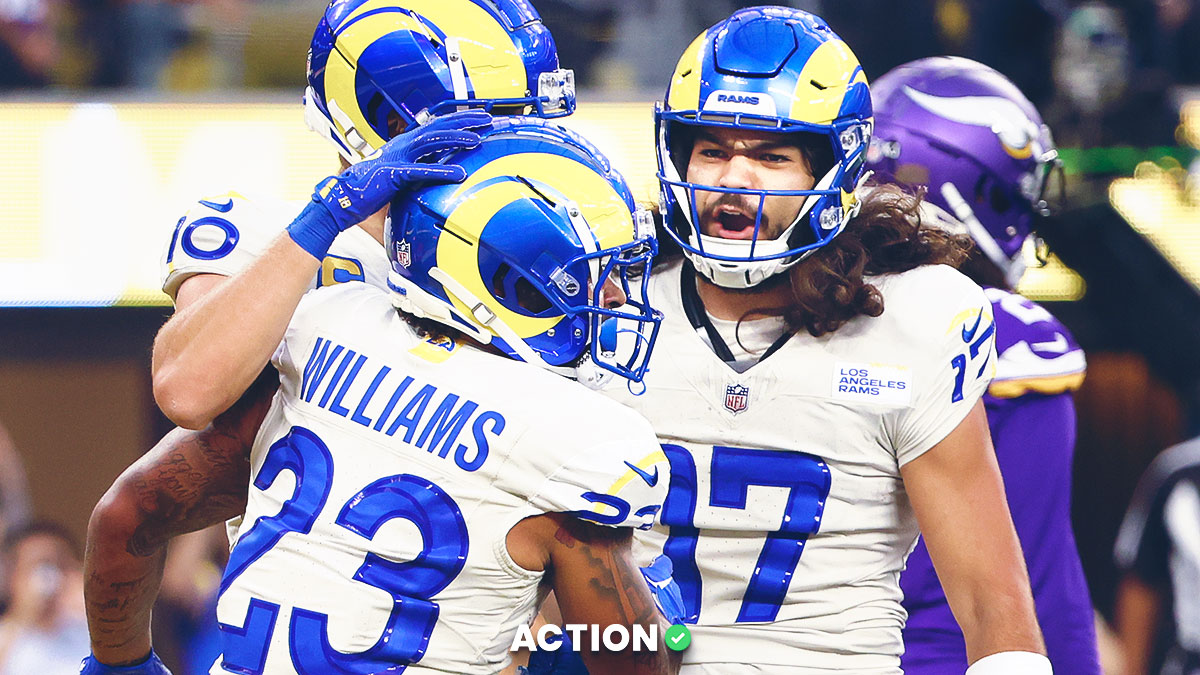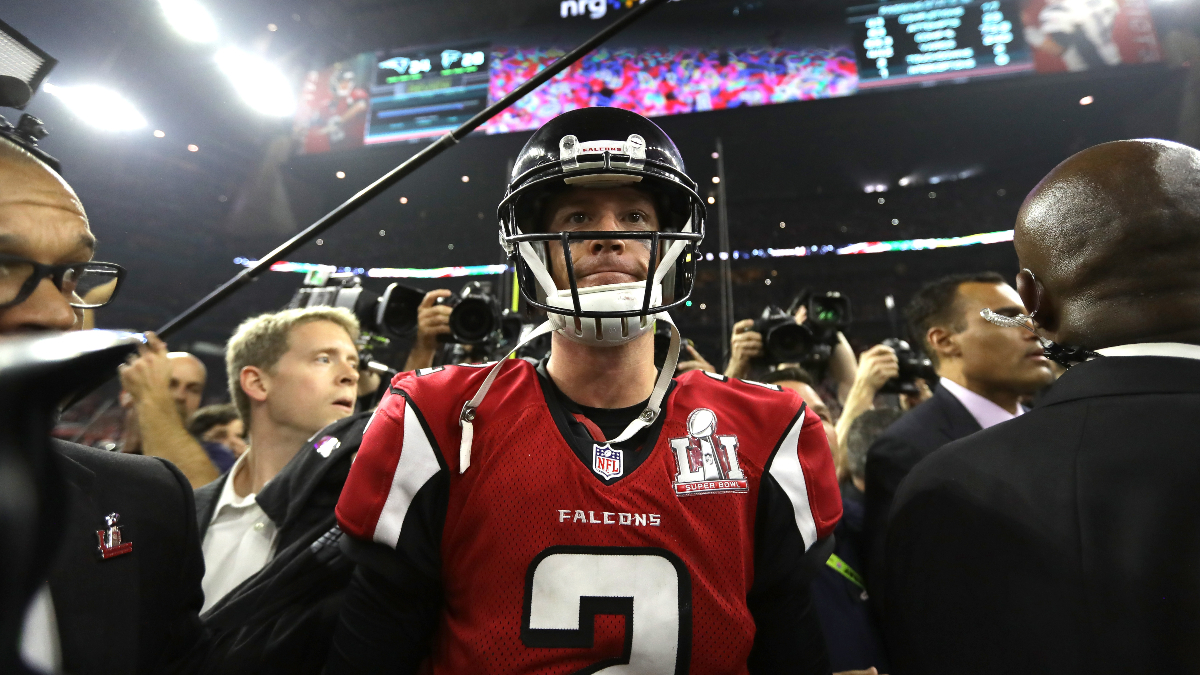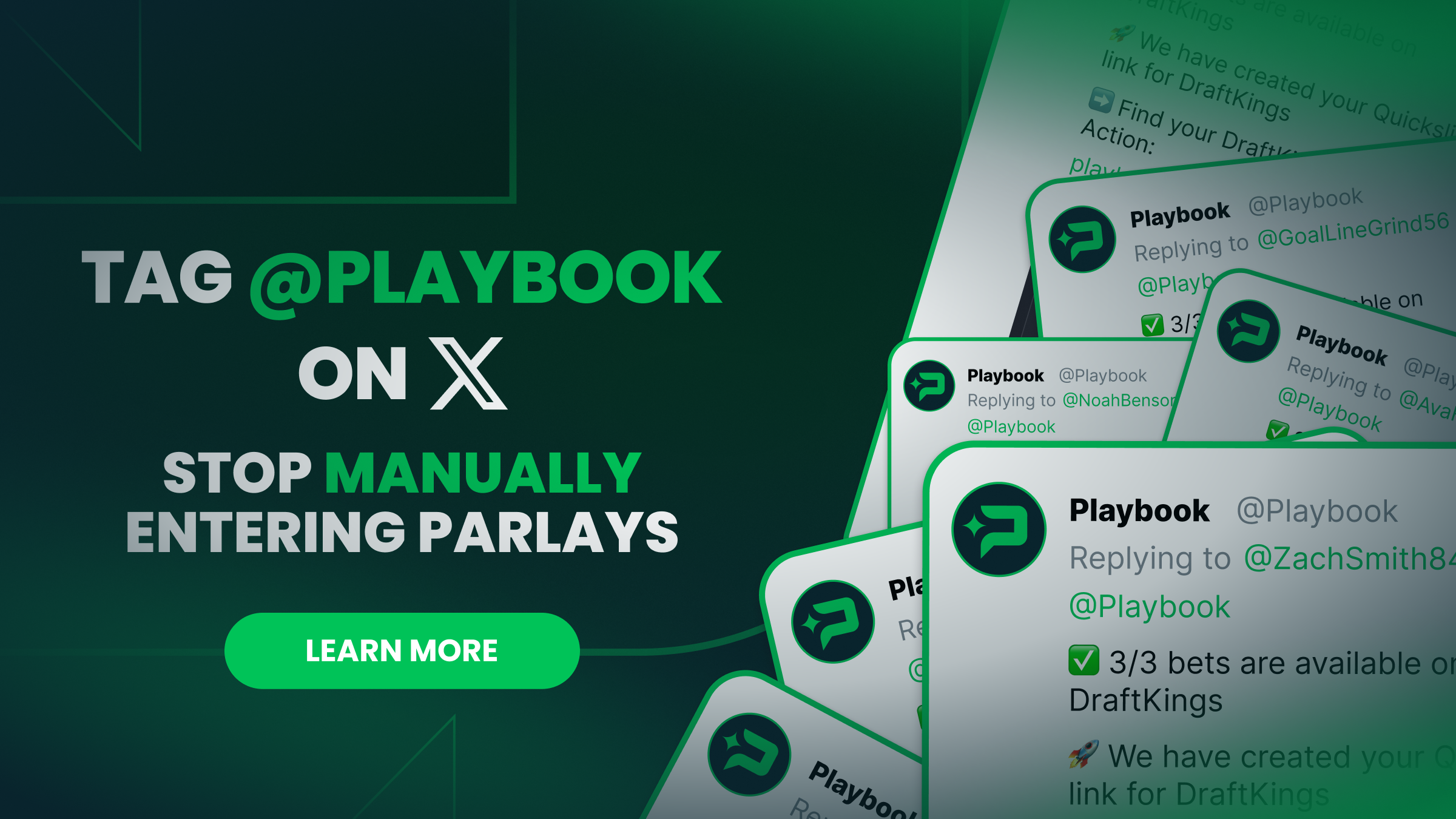A parlay is a wager type in which two or more bets are linked together to create one bet with a greater payout. But all the selections must win for the bet to win.
Sportsbooks will give you bigger and bigger payouts for adding more games to your parlay, because winning it gets more unlikely with the more teams you add.
You can parlay point spreads, over/unders, player props and more. Favorites, underdogs, you name it. Most people betting parlays will try to create a lottery-type payout with many games tied together.
Parlay Betting Guide
Understanding Parlays
Say you think both the Packers (+4) and Ravens (-6) will cover their spreads on an NFL Sunday.
Instead of risking $10 to individually bet them (and netting close to $19 if they both cover the spread), you can parlay them together and risk $10 for a payout of about 2.65x your bet.
Here are the possible outcomes of that $10 parlay bet:
- Both teams cover: Win ($26.50)
- Packers cover, Ravens do not: Loss (-$10)
- Ravens cover, Packers do not: Loss (-$10)
- Both teams do not cover: Loss ($-10)
As you can see, the only way to win is for both teams to cover, but you are not penalized any more for losing both bets than for losing just one. Rather, the bet is considered a loss as soon as one leg of your parlay has been lost.
Parlays can also consist of more than two teams, with the same rules applying.
If only four teams in a five-team parlay cover, for example, it would be considered a loss, just the same as if only one of the five covered.
If all five are covered, however, the payout would be awfully high — around +2335 (win $230.35 on a $10 bet).
And that's how most people approach parlays — they use tons of games to create lottery-style payouts of 20-1, 100-1, or even 1,500-1.
Buying points is a way to help you cover the spreads in a parlay. However, doing so comes at a more expensive price or your payout will be lowered.
How to Make a Parlay Bet
It's easy to make a parlay bet at a sportsbook like DraftKings, which is widely considered one of the best parlay betting apps.
- Navigate to your desired sport.
- Select two or more games.
- Head to your Bet Slip on the right and click "Parlay." Some books won't even make you take this step, and will list the parlay right below or above single bets.
- Enter your bet amount and submit.
How To Calculate the Payouts
Every sportsbook will calculate potential parlay winnings for you, and we've got a handy parlay calculator, but if you want to do it yourself, here's how.
- Convert the American odds to decimal odds using our odds converter.
- Multiply all the decimal odds together.
- Multiply the result of Step 2 by your bet amount.
- Subtract your original stake to get the parlay odds.
So if you're parlaying three point spreads at -110 — -110 converted to decimal odds is 1.91 — your formula looks like:
- 1.91 x 1.91 x 1.91 = 6.97
- 6.97 – 1 = 5.97
In American odds, 6.97 is +597, meaning this parlay pays nearly 6-1.
Excel tip: Converting a long list of odds in Excel? Use this formula, assuming A1 has American odds in it.
=IF(A1>0,1+A1/100,1-100/A1)
Let's look at a more complicated example.
You want to bet three heavy favorites on the moneyline in a parlay because you don't think they'll all cover the spread, but you think they'll win the game.
So you bet Ravens -300, Saints -200, and Chiefs -150.
After converting to decimal odds, our formula looks like:
- 1.333 x 1.5 x 1.667 = 3.33
- 3.33 – 1 = 2.33
- 2.33 = +233
So this parlay on the Ravens, Saints and Chiefs to all win pays +233.
Should You Bet Parlays?
Mathematically speaking, it's usually not a good idea to bet parlays. While the payouts are certainly appealing, the odds are not as high as they should be given the true chances of a given parlay winning.
Sportsbooks make a ton of money on parlays, if that tells you anything.
The following table illustrates how the chances of winning parlays compares to the payouts received as the number of bets is increased (assume each bet comes at the standard -110 juice and has a 50% chance of winning).
Parlay Payouts vs. True Odds
Comparing the percentages may not do justice to the difference between the implied and true probabilities at first glance. I mean, the odds of hitting a five-team parlay are only 0.51 percentage points less than what the books are implying … that sounds like nothing.
That's not, however, how the comparison should be read. Instead, consider that the 2.07% probability is implying that the outcome is about 33% (0.51/1.56 = 0.33) more likely than it actually is.
A single bet, for comparison, implies the outcome is just 4.8% (2.38/50 = 0.048) more likely than it actually is.
And obviously, you're much more likely to find edges attacking a 4.8% gap than a 33% one.
All that aside, there's still something to be said for giving up an edge in exchange for a bit of fun by responsibly parting with a few bucks for a nice thrill and an even nicer potential payout, and you can enhance your experience by using the BetMGM Bonus code to try it out. Parlaying should never be seen as a long-term gainful strategy because it isn't, but it can always provide some entertainment.
Build Betting Strategies with Parlay Science
Parlay Science combines AI technology with traditional betting strategies to help users make informed betting decisions and identify rewarding opportunities. The platform offers a vibrant community on Discord where sports bettors can engage, share strategies, and access exclusive betting insights and tools.
Learn more about Parlay Science and take advantage of the Parlay Science promo codeACTION, which provides a 25% discount on your first payment, making it an excellent way to test the waters without a hefty financial commitment.


